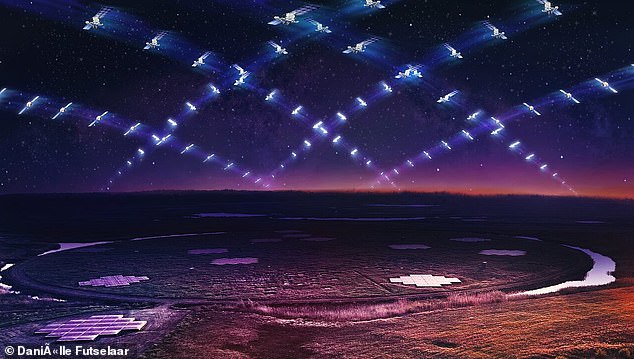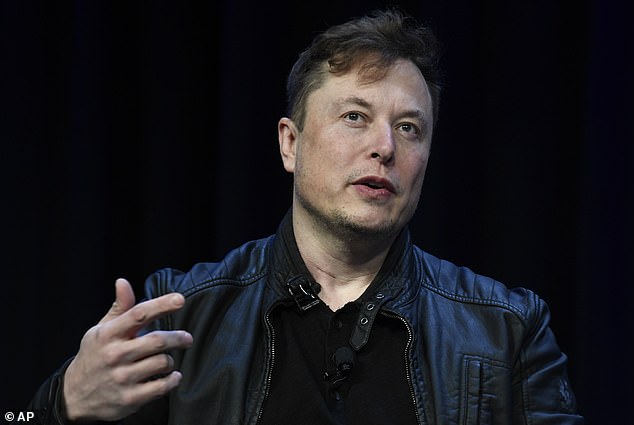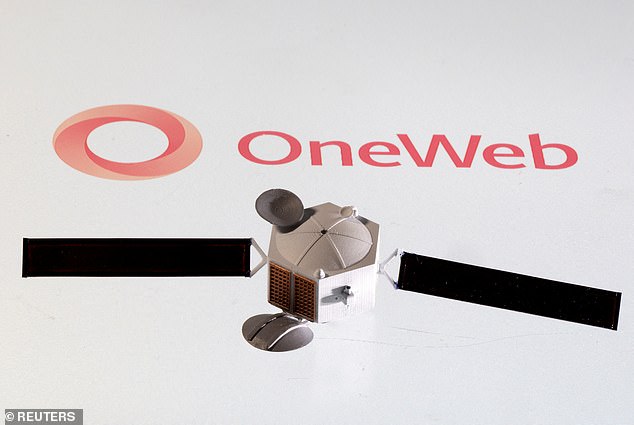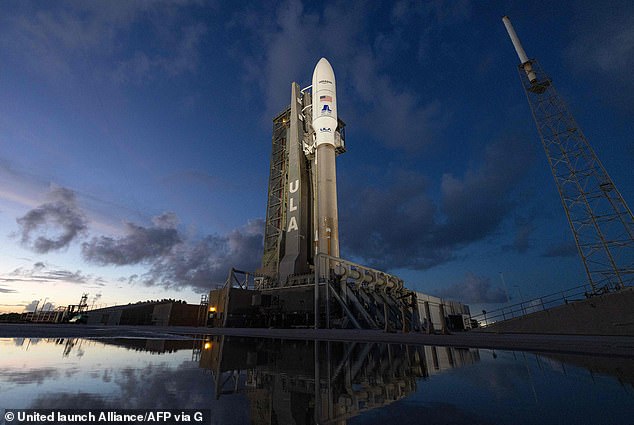More than a million satellites could soon be orbiting our planet – and scientists fear ‘mega constellations’ could cause light pollution and space crashes
>
Scientists have warned that more than a million satellites may soon be in low Earth orbit, as countries seek to launch thousands of communications satellites.
That number would be more than 115 times the number in orbit today, according to researchers at the University of British Columbia.
Experts have warned that a “traffic jam” in low Earth orbit could lead to light pollution and even collisions between satellites.
The problem comes from so-called “mega-constellations” of communications satellites (similar to Elon Musk’s Starlink, but much larger with up to 300,000 satellites) that provide Internet services from space.
Scientists have already warned that Elon’s Starlink satellites could kill someone in the next decade.

Huge “super constellations” of satellites could soon be orbiting Earth

Could Elon Musk soon enter into a “space race” with Amazon CEO Jeff Bezos?
Musks’ Starlink company has launched 4,500 Starlink satellites in the past five years, and they now account for more than 50 percent of all active satellites orbiting Earth.
Jeff Bezos launched his first two Project Kuiper satellites this year, raising fears of a space race between the two billionaires.
“There are approximately 4,500 Starlink satellites and 630 OneWeb satellites in orbit as of July 2023, but this is just the beginning,” the researchers wrote.
Countries must apply for radio spectrum with the International Telecommunication Union (ITU) before launching satellites – and recent filings suggest more than a million satellites could soon be launched across 300 “mega-constellations”.
Researchers warn of a “dramatic increase” in the number of satellites, which could jeopardize scientific missions in space.
“Much larger constellations than SpaceX’s Starlink have been submitted, including a 337,320-satellite constellation called Cinnamon-937 that was introduced in September 2021,” the researchers wrote.
Cinnamon-937, introduced in Rwanda, is the largest single one introduced to date.
“If a portion of these millions of satellites were actually launched, national and international rules would apply,” Andrew Fall, a researcher at the Outer Space Institute at the University of British Columbia and lead author of the new study, said in an interview with Space.com. needed to address associated sustainability challenges, such as collision risks, light pollution, and risks of re-entry into the atmosphere.
Researchers say the organizations appear to be offering the same constellation across multiple countries — and they say some proposed satellites may never launch due to funding or technology issues.
Researchers say the lack of clarity highlights the problem of regulation in the sector, and they hope this year’s World Radiocommunication Conference, scheduled for November in Dubai, will see more regulation around the issue.

OneWeb already has hundreds of satellites in space

The Amazon Kuiper project is preparing to launch into space (AFP)
“By treating orbital space as an unlimited resource, humanity creates serious challenges for the long-term safety and sustainability of low-Earth orbit (LEO), including science conducted from space and Earth,” the researchers write. The ITU filings are the warning, and they are also part of the solution.
In 2019, the International Telecommunication Union established new rules for satellite constellations, meaning countries must launch 10% of the constellation within two years of the first satellite, and the full constellation within seven years.
“This is a welcome development, but the first satellite could be launched up to 7 years after the initial introduction – so it could be a decade before we know which constellations are realistic,” Vale said.
Thousands of Elon Musk’s Starlink satellites are beaming high-speed internet service signals from space to paying customers around the world.
“We believe this is a major stepping stone on the path toward creating a self-sufficient city on Mars and a base on the Moon,” tech billionaire Musk said last year.
(Tags for translation)dailymail
